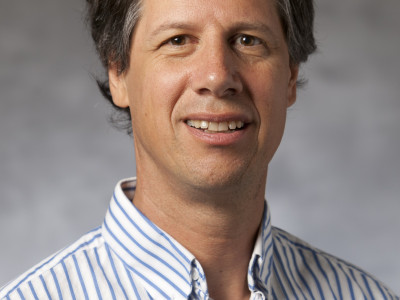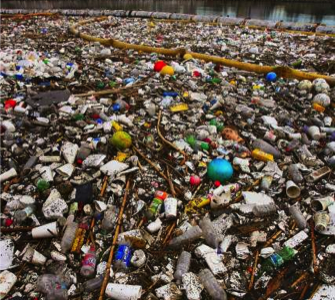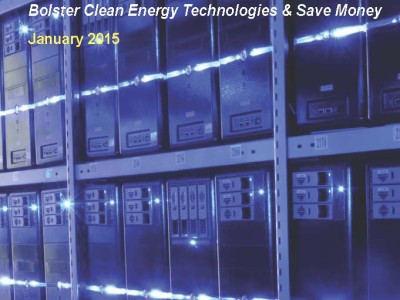Month: January 2015
Rain-Free January Portends Continued California Drought of Increased Severity
Severe Reduction in Sierra Snowpack Another Sign That State’s Worst Drought Just Gets Worse
January 2015 ends with a most dubious distinction: it’s been the driest January in recorded California history. That’s especially bad news, considering that January has traditionally been the wettest month of the year in the Golden State. According to National Weather Service and California Department of Water Resources (DWR) statistics, the alarming precipitation figures for Northern …
Continue reading “Rain-Free January Portends Continued California Drought of Increased Severity”
CONTINUE READINGCelebrating Four Decades of Energy Innovation: The California Energy Commission at 40
How California & the Commission Launched Their Acclaimed Energy Policy–& the Challenges That Lie Ahead
This month marks the 40th anniversary of California’s landmark Warren-Alquist Act, which created the state Energy Commission and triggered a transformation of energy policy in California, across the U.S., and abroad. This week an impressive group of energy policymakers, political leaders, energy scholars and Energy Commission alumni gathered at events in Sacramento and at the U.C. Davis …
CONTINUE READINGCalifornia’s Water Law Symposium–A Law Student Success Story
Students From Six Northern California Law Schools Collaborate in a Big and Unconventional Way
The 11th Annual Water Law Symposium was held last weekend at Golden Gate University Law School in San Francisco. The event drew a standing-room-only crowd of water law scholars, practitioners and policymakers, who devoted the day to a thoughtful and lively examination of how California’s constitutional law doctrine of reasonable use affects all facets of …
Continue reading “California’s Water Law Symposium–A Law Student Success Story”
CONTINUE READINGFood Policy: A Reply to Dan Farber
Earlier this week on this blog, Dan Farber made the excellent point that although the average American is neither malnourished nor obese, both persist as significant problems revealing deep failures in our food system. But his juxtaposition of statistics regarding obesity with those regarding malnourishment reflects a common misunderstanding of malnourishment, which is often equated with …
Continue reading “Food Policy: A Reply to Dan Farber”
CONTINUE READINGRenowned Scholar Jim Salzman to Join UCLA Law, UCSB Bren School Faculties
I am thrilled to share the news that Jim Salzman is moving west to join the faculties of the Bren School at UC Santa Barbara and UCLA School of Law. Jim is currently the Samuel Mordecai Professor at Duke Law School and Nicholas Institute Professor at Duke’s School of the Environment but is moving this summer to become …
Continue reading “Renowned Scholar Jim Salzman to Join UCLA Law, UCSB Bren School Faculties”
CONTINUE READINGSolar Tariff Wars Heat Up
States that have helped boost rooftop solar installations through so-called net metering policies are beginning to scale back their subsidies under pressure from utilities. As ClimateWire reported today (here’s the link but it’s behind a paid subscription wall), Hawaii’s largest utility has just proposed rolling back the state’s net metering policy, joining Arizona, California, …
Continue reading “Solar Tariff Wars Heat Up”
CONTINUE READINGZero Trash
Using the Clean Water Act to Control Marine Debris in California
This post is cross-posted on EcoPerspectives, the environmental law and policy blog of the Vermont Journal of Environmental Law. Let’s talk trash. Human-generated stuff that ends up in the ocean, termed “marine debris” or “marine trash,” presents a critical ocean and coastal management challenge. Trash can be found on coastlines and in seawater worldwide, from …
CONTINUE READINGFood: Too Much and Too Little
Actual malnutrition among American children (weight more than two standard deviations below normal) is rare in the U.S. Most of the estimates that I found range around 1%. Still, there are roughly 45 million children under 12 in the U.S., so 1% amounts to almost half a million children. Malnutrition seems considerably more common among …
Continue reading “Food: Too Much and Too Little”
CONTINUE READINGExpanding Access To Energy Information To Boost The Clean Technology Sector
Joint UC Berkeley / UCLA Law Report Released Today
California is poised for a major energy transformation in the coming decades, with Governor Brown pledging to put the state on a path to 50% renewables and 50% less petroleum usage by 2030. Achieving this transformation will require a robust and thriving clean technology sector, including renewable energy and energy storage developers, energy efficiency contractors, …
Continue reading “Expanding Access To Energy Information To Boost The Clean Technology Sector”
CONTINUE READINGDon’t Know Much ‘Bout Climatology
Why should we believe the scientists about climate change? Nobody — not even any individual scientist — understand all the details of the IPCC’s recent 1552 page “summary” of climate science. So why buy into the idea that tiny amounts of gases from beneficial energy production can cause devastating global harm? Part of the reason …
Continue reading “Don’t Know Much ‘Bout Climatology”
CONTINUE READING








